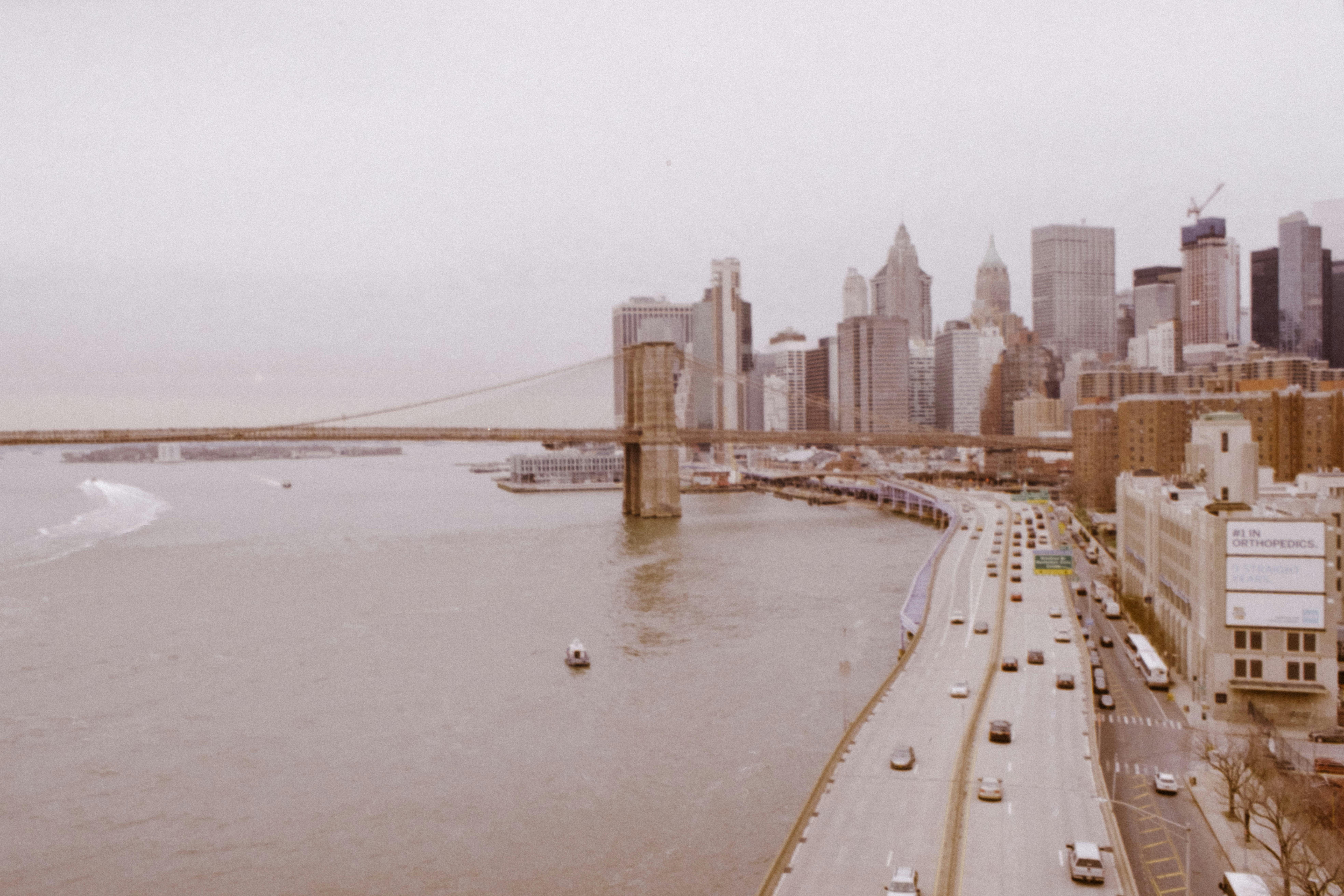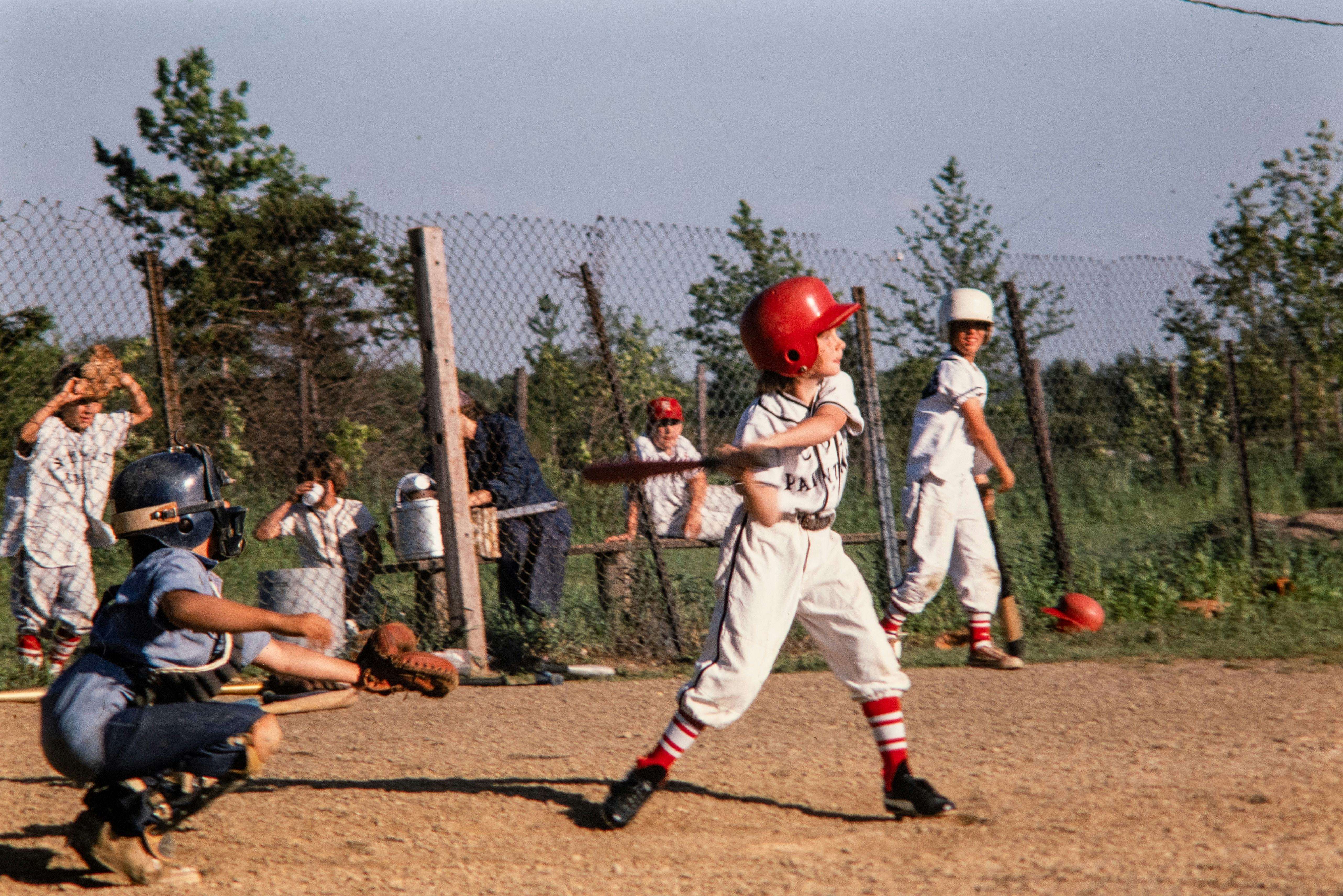Somewhere in a hotel gym, a mother is running on a treadmill. Her sneakers haven’t touched pavement in months, and her taupe leggings make her thighs look like seals. On business trips and vacations (not as many since kids and Covid), she packs these items with the promise of finding twenty minutes for movement. Even if she is jetlagged and disoriented. Even if she is sweating out margaritas. Even if her daughter shit the bed at dawn. If she has used the treadmill at least once, she has won.
The hotel gym is usually brightly lit and empty, save for a guy lifting weights who doesn’t make eye contact. She chooses the machine closest to the window and surveys the dashboard, blinking with so many buttons, it feels like it should teleport her to another dimension. She ignores the options to add obstacles and incline, and scrolls through a menu of scenery. She selects the Australian outback, a place she has never been and might never see in her lifetime. Onscreen, a sandy, sun-lit path opens wide, bordered by dry foliage and distant hills.
But as the treadmill whirs to life, all she sees in the simulated sand is the ghost of her own reflection. The double chin that bloomed when she turned forty. The dark wells beneath her eyes filling with sweat. Her hair frizzy and in need of a fresh dye job, her roots silvery and glistening in the gym’s fluorescent lights.
She flashes back to her reflection in the hotel bathroom’s full length mirror, strategically placed so it can’t be avoided. A mirror designed for narcissists on a juice cleanse and twenty-somethings pumped with preventative Botox. In that wall of truth-telling glass, she is forced to witness the fallen curve of her belly drooping over her c-section scar, her pale, slack skin and spidery veins.
Even as she runs, her joints and muscles cracking and popping like an arcade game, she feels like a failure. No matter how hard she tries, she will never catch up to her younger self, that impossible competitor.
4:29. 4:30. 4:31.
A lifetime between each second.
The opposite of weekday mornings, when there is never enough time. From the moment she wakes up, she can feel the velocity of the seconds. There is no time to iron her pants, to argue with her daughter about why she needs a sweater, to remind her son for the third time to do his inhaler. If they do not move RIGHT NOW, everyone will be late.
Time on a weekday morning is an unstoppable and thrilling force. A blur of frozen waffles and empty threats.
6:13. 6:14. 6:15.
But on the treadmill, time moves so slowly, it feels like a trick. Her heart thuds and her legs feel like there are sandbags tied to her ankles. She is so out of shape, she wants to cry. The cells in her body are rude hecklers yelling at her to stop, to give up and go back to bed. The counter showing how many calories she’s burned rises begrudgingly, as though the machine already knows how fast she’ll gain them back.
Finally, she hits ten minutes, and she’s belly sick and winded. She presses pause on the dashboard, and the screen inquires: cool down or workout over? She grimaces and jumps off to stretch, hands dangling to the floor, hamstrings groaning.
Running wasn’t always a misery or a chore. In high school, she was on the cross country team, a separate-but-together sport perfect for an introvert. She grew to love the woodsy trails and manmade lakes of central New Jersey. The uneven carpet of autumn leaves underfoot, the mossy branches and the light through the trees. She loved the momentum of a downhill, the wind carrying her whole body forward, so fast it felt like she could take flight. In those days, she was known for her stamina, if not her speed. Her body moved with ease, fluid and strong.
In her twenties and thirties, she ran along the Hudson River as a mental release from work stress and relationship woes. It was a time to think, work out ideas, and reconnect with her body. Running in the city was hardly the “great outdoors,” but just being outside was enough. In those days, going for a run didn’t require a babysitter, a calculation of service to sweat.
Once, she flew to Tucson, Arizona to visit a friend from college and run a half marathon. Never a full marathon, like her cousin, but at least she could say she finished a half.
The goal isn’t a marathon anymore. It isn’t even a 5K. It is twenty minutes of movement. There is no finish line, no number proudly pinned to her chest. Showing up is the win.
As she climbs back onto the treadmill, she realizes the man lifting weights is gone. Her journey through Australia continues on screen, the runway gliding beneath her feet. She doesn’t feel like she’s flying, like her cross country days. But as she moves to an even pace, her muscles are a modicum less stiff, and for this, she is grateful.
Just another ten minutes, she tells herself, willing her eyes away from the clock. Far from home, removed from her daily routine, she feels the possibility, however faint, of reinvention. She imagines herself running from an enveloping darkness, running past the heavy, harmful thoughts that so often block her way. Step by step, her arms pump, and her strides lengthen.
Her knees are still cranky, her hips tight. But she keeps going, running through the outback, focused on the miniaturized path ahead. She trains her eyes away from the slow crawl of the seconds. Away from the counter that reads her miles per hour and measures her heartbeat. Those metrics cannot help her find her way back to herself. In the solitude of the hotel gym, she runs toward the places she has yet to go, the stories she’s yet to tell. She runs for her life, while going nowhere at all.
Sumitra Mattai is a freelance writer and textile designer. She holds a BFA in textile design from the Rhode Island School of Design and an MFA in Creative Writing from The New School. Sumitra enjoys writing essays about identity, food, design and family. She lives in Harlem, New York City. Follow Sumitra on Instagram, @sumitramattai, and visit her website.
Discover more from Sumitra Mattai.









